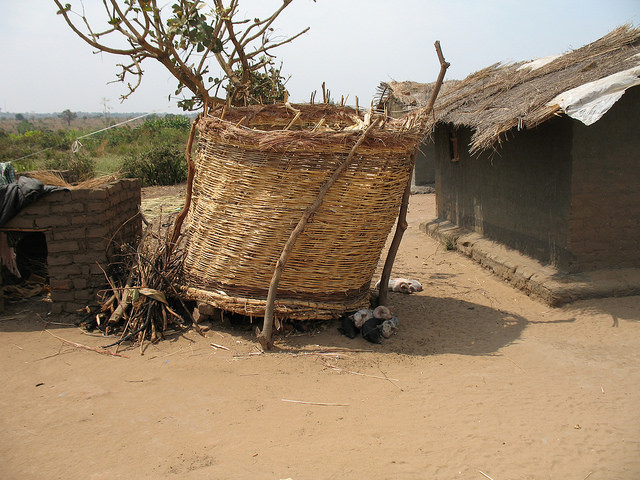The Joseph Project – Part 1
Most people know some facts about the Bible story of Joseph. Found in the book of Genesis, this young man was sold into slavery by his evil, jealous brothers, and then placed in prison under a false charge. Later he was the only one able to explain dreams that troubled the Egyptian king. When no one could parallel the wisdom and knowledge Joseph manifested, (no doubt coming from God), he was released from prison. Because of his connections to the heavenly realm, Joseph rose in political rank to what today might be parallel to a Prime Minister, or Vice President. It was a position that put him next to the king. His explanation of the dreams signaled a warning of a coming famine. The king selected Joseph to prepare storehouses in which to store food for the coming famine. The plan rescued the nation, as well as his own family. From his family’s offspring came the children of Israel, the captivity, exodus, and the Promised Land of Israel.
Success Calls for Creative Thinking
In recent years Malawi has suffered severe famine. The 2017 harvest has seen a slight improvement, and the Malawi Project has set out to help the people take advantage of an improved harvest. The V-Tractors and drip irrigation units have made larger, and dry season harvests possible. A number of groups have been able to pull themselves out of famine, as a result of these two assets. However, what quickly became evident was the problem with storage. In spite of the example by the government when they built the massive storage silos north of the capital, the concept had not reached the village level. As additional crop production began to bear fruit there was no place to store it. Village people had only family size grain storage; bamboo bins for individual use. A group of successful farmers, in one case, called on Wilson Tembo to use his house in the central region for a grain storage bin. He consented, but this opened the door to seeing the problem with grain storage.
Necessity is the Mother of Invention
Observing the problem, Dick Stephens noted, “’Necessity is the mother of invention,’ and we had tocome up with something quickly if we were to solve the storage problem for the dry season harvest this year. If not, the increase that would result from the tractors and drip systems could be for naught. As we struggled with the next step we discovered the answer was right before our eyes in the farming booklet (entitled Prepare) we had published the year before. The answer was in the booklet where it outlined how Joseph had built warehouses to store grain. What we had not realized was how big the storage units would have to be for village farmers to put away enough for their entire communities.
Wilson Tembo identified community and church representatives who were eager to create co-operative group to produce food for as many as 500 people over the next year. That would take a large storage unit, and there was nothing of this size anywhere nearby for them to use. The result was the Joseph Project, so named by Dan Brewer, who had just started working with the Malawi Project. Dan saw the parallel with Joseph, as well as the need for large storage facilities, and offered the name for the program.”
Both Sides Jump into Action
It didn’t take long for the idea to find receptive ground with the Project’s Board. The same was true with Tembo, and the local church and community leaders he was talking with. The group that had borrowed Tembo’s house the previous year immediately started planning a larger crop for coming months. Plans were quickly formed for a storage facility large enough to store food for 500 people for a year. Unlike the bamboo structures currently being used in villages, this one will be a showcase unit made of brick, concrete and metal, more in line with grain storage in more advanced nations.
It Must be Exceptional
“We have to do something exceptional,” Tembo observed. “Otherwise it will not make a deep impression on the people. It has to be big, well done, impressive, and very useful for the villages. Then the people will imitate what we are doing.”
At the quarterly meeting of the Project’s Board of Directors, Dan Brewer was in attendance. He advised the board he had raised $3,500.00 for one of the grain storage unit. In addition, a sum received a month earlier, but not earmarked for a particular project, was made available. More groups clamored to be among the first to receive funding for one of these project, and some are already making bricks so when funds become available they will be ready.

